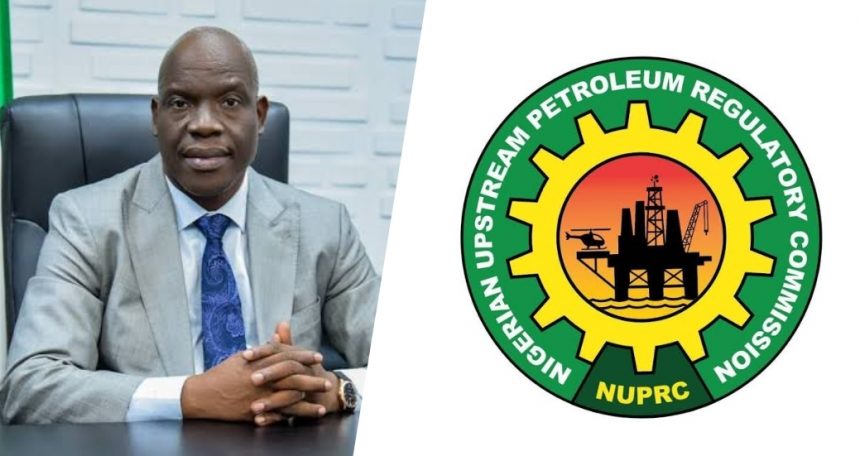The Nigerian Upstream Petroleum Regulatory Commission (NUPRC) in compliance with provisions of Section 71 (1) – (10) of the Petroleum Industry Act (PIA) 2021 has granted a Petroleum Exploration Licence (PEL) to TGS-PetroData Offshore Services Limited (TGS-PD).
The PEL is the first under the PIA 2021 and is under the licence agreement which the Commission and TGS-PD executed for a Geophysical Survey Project for the acquisition of about 56,000 square kilometres of 3D seismic and gravity data.
Mr Gbenga Komolafe, the Chief Executive of NUPRC in a statement on Thursday said the development was another milestone in the smooth implementation of the PIA for the attraction of investment in the oil and gas sector.
“Without data, reserves cannot be auctioned for development and revenue attraction.
“Data acquired under the PEL is not proprietary but speculative/multi-client survey data acquired in partnership with the NUPRC.
“The licence therefore authorises TGS-PetroData Offshore to carry out non-exclusive Petroleum Exploration Operations on a multi-client basis within the licensed area and permits the use of the acquired 3D seismic and gravity data by exploration companies.
“Due to the specialised nature of the Geophysical Survey Vessel to be used for the acquisition of the 3D seismic and gravity data, the Nigerian Content Development and Monitoring Board granted no objection to TGS-PD to deploy the facility,” he said.
He said the acquisition of the 3D seismic and gravity data commenced on July 17 and the processed data would be available for use by mid-2024.
He included the scope of the Geophysical Survey Project as Phase one acquisition of about 11,900 sq. km of new 3D seismic and gravity data in water depth ranging from 30m to 4000m offshore Niger Delta.
According to him, acquiring seismic and gravity data at the same time will improve the correlation of identified structures and reservoirs.
“Record length of 14 seconds. This is the first of its kind in Nigeria. This will image deeper reservoirs that have not been imaged offshore Niger Delta before now.
“The acquired seismic and gravity data will be processed using the latest TGS proprietary technology. The acquired data will be licensed to exploration companies,” he said.
The CCE however listed the benefits that Nigeria would derive from the new 3D seismic and gravity data acquisition to include availability of new regional 3D seismic and gravity data in deep waters ranging from 30m to 4000m offshore Niger Delta.
He said the Commission had the sole right and title over the acquired raw and interpreted data to be obtained by the licensee (TGS-PD) under a petroleum exploration licence. Therefore, the 3D seismic and gravity data belongs to the Nigerian Government.
“Based on section 71(7) of the PIA, the Commission and Federal Government of Nigeria shall benefit from the revenue that will be generated from the data use licence that will be granted to interested exploration companies by TGS-PD.
“The new 3D seismic and gravity data being acquired will further provide an opportunity for understanding the regional petroleum system of the ultra-deep waters of Nigeria and unlock the hydrocarbon prospectivity of Nigeria’s frontier basins (Ultra-deep offshore).
“The 3D seismic and gravity data when acquired will be useful in future deep water licencing rounds which will attract Foreign Direct Investments (FDIs) into oil and gas exploration in Nigeria,” he said.

